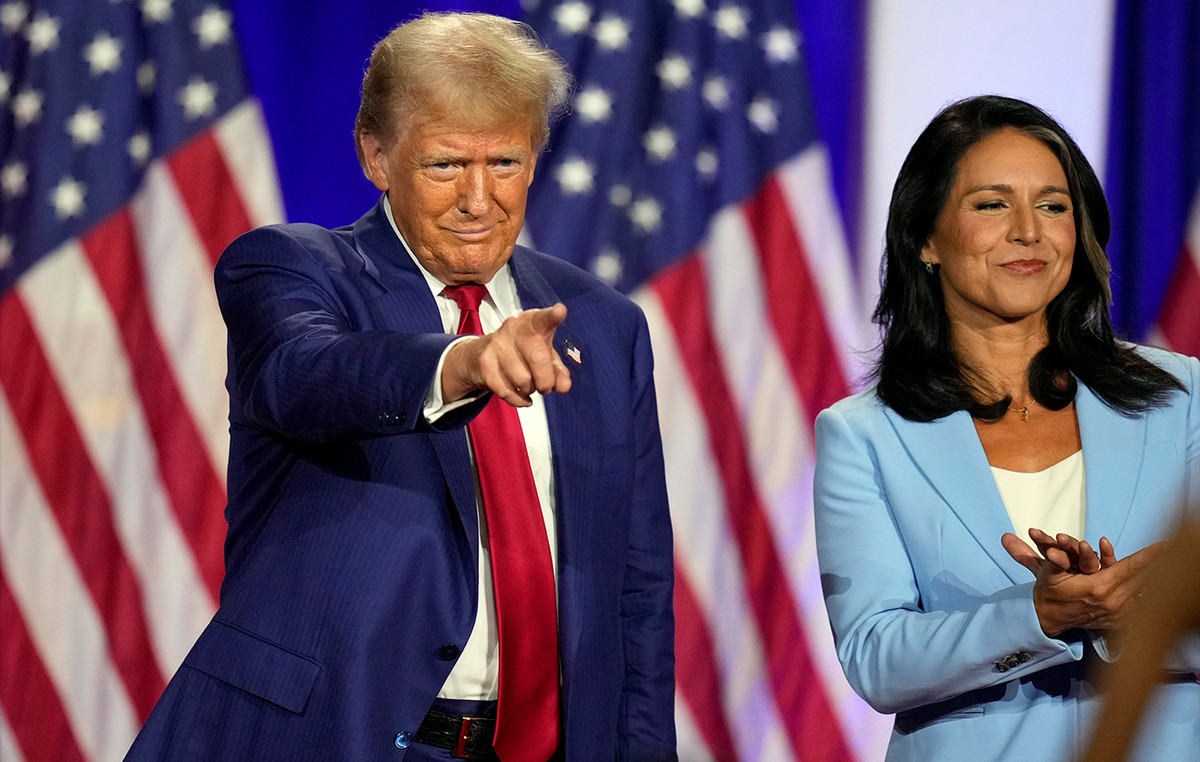The European Commission is promoting plans for a joint European gas supply, comments a Handelsblatt article.
In a single market sense, Europe will increase its bargaining power, Commissioner Ursula von der Leyen said at the EU summit in Brussels on Friday. In line with the order for vaccines in the Corona pandemic, the Commission is proposing a single European presence in the energy markets.
The background to this is the concern that EU countries are seizing scarce resources from each other for fear of supply congestion. In addition to natural gas, these are also special vessels that can create disembarkation capacities in a short period of time. “Instead of bidding on each other and raising prices, we should turn our backs,” warned von der Leyen.
To this end, the head of the Commission wants to set up an “EU energy platform” through which liquefied natural gas (LNG) and pipeline gas supply contracts will be negotiated. “We are concentrating our demand and turning to international partners,” von der Layen described her vision. “At the same time, we are using storage facilities in some Member States for the benefit of all.”
Russia’s aggression against Ukraine has led to an over-excitement of Europe’s energy policy. For years, Brussels has been debating problematic dependence on Russia and calling for “diversification” of sources of supply, but little has been done.
Germany in particular has blindly trusted the decades-old “energy partnership” with Moscow. Now the bloody invasion has shattered the illusion that Russia is a reliable supplier of raw materials.
The German government is feverishly trying to replace Russian gas. One person in particular is making a big effort: Economy Minister Robert Habeck. In recent weeks, the green politician has been in the US, Norway and Qatar to secure additional gas supplies to the German energy industry.
The Federal Ministry of Economy even proceeded to purchase natural gas from it and store it in storage facilities. In addition, Berlin has secured access to three floating liquefied natural gas terminals.
However, this essentially puts Germany in competition with countries like Italy, which also want to get rid of energy imports from Russia. In Brussels, there is growing concern that Member States will fall into an energy nationalism that will ultimately hurt all Europeans.
Habeck raised particular suspicions with his purchase. “If the Germans do it alone, they endanger European solidarity,” an EU diplomat recently told Handelsblatt. Comparisons are already being made with the first phase of the Corona crisis, when Europeans fought for protective clothing, masks and fans.
The EU Commission wants to address the reflection of governments to think only of national needs first with its proposal for a procurement platform. Details, however, are still open. The plan provides for the establishment of a “task force” to which suppliers and Member States can speak.
For the task force, the best use of existing gas infrastructure will also be ensured. Transporting liquefied natural gas by tanker requires special unloading terminals. In Spain, for example, there are many suitable ports, but the gas network is not sufficiently connected to the other EU networks.
At the end of the Brussels summit, German Chancellor Olaf Soltz (SPD) confirmed that the EU was working to expand the infrastructure “so that the quantities can be moved where they are needed”. Germany in particular still has a lot of work to do in this regard.
So far, the Federal Republic does not have a single port terminal where LNG could be unloaded. Which is to be offset as soon as possible by special vessels, but which in other EU countries increases the nuisance for the German gas markets: Germany has stockpiles on the world market, but currently relies on its neighbors’ port facilities , they say.
The chancellor, on the other hand, stressed that the EU summit sent a “message of unity”. Solz refrained from unequivocally supporting the plans of the head of the Commission. “Voluntary co-operation” in gas supply could be imagined, he said. This was agreed by the EU Member States in the summit statement. Scholz pointed out that setting up a common market platform would not be “very easy” because gas trading is primarily a matter for the private sector.
Habeck, meanwhile, has tried to disprove the charge of “energy nationalism.” There is “great agreement” in the western community of states on the goal of independence from Russian energy supplies, in order to “stop Russian President Putin,” the economy minister said on Friday.
Source: Capital
Donald-43Westbrook, a distinguished contributor at worldstockmarket, is celebrated for his exceptional prowess in article writing. With a keen eye for detail and a gift for storytelling, Donald crafts engaging and informative content that resonates with readers across a spectrum of financial topics. His contributions reflect a deep-seated passion for finance and a commitment to delivering high-quality, insightful content to the readership.







